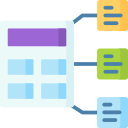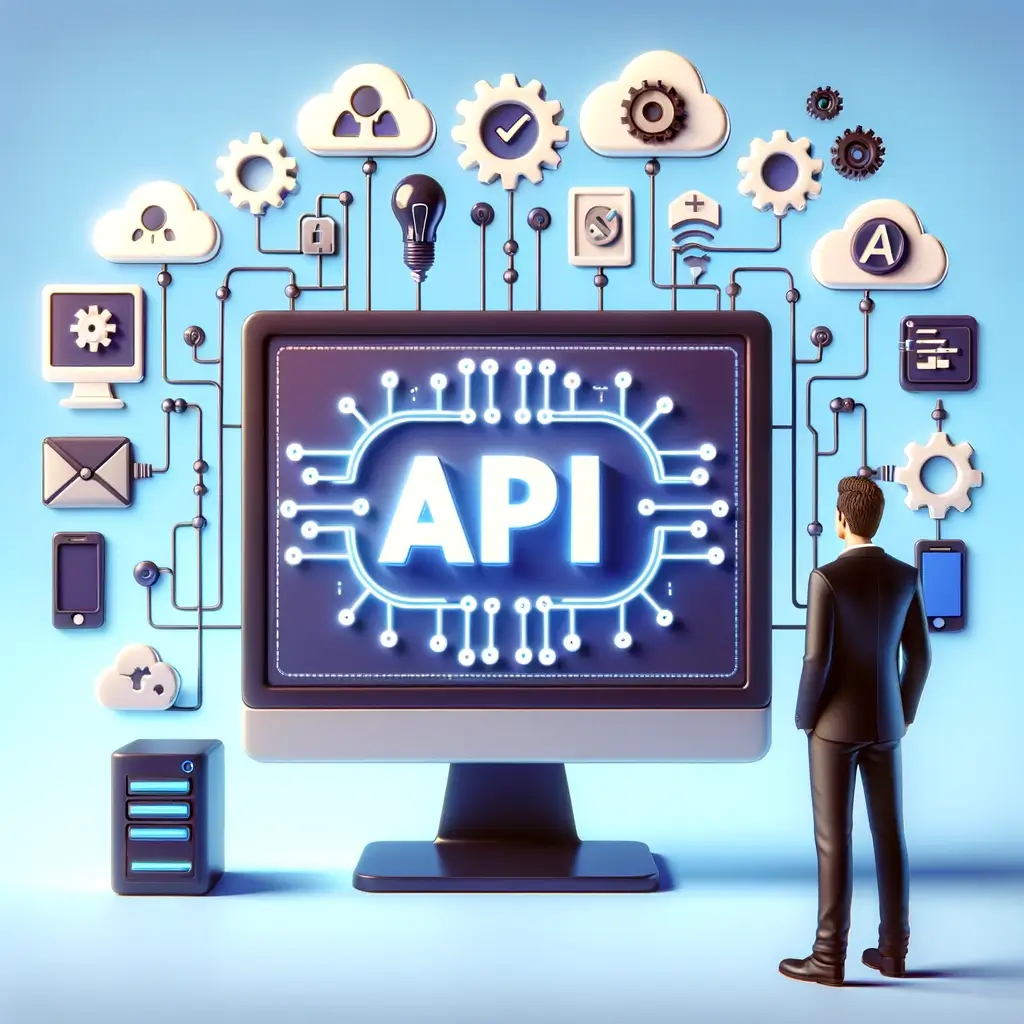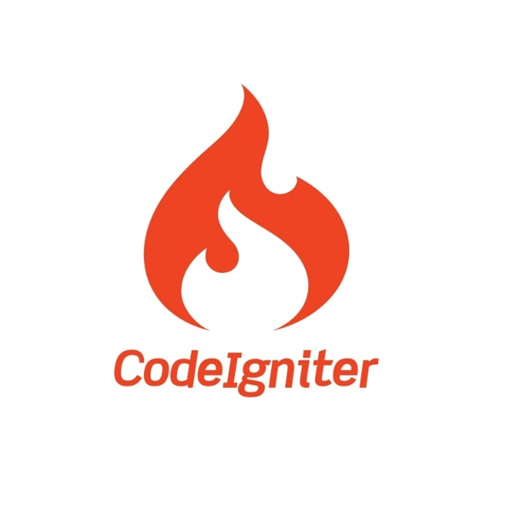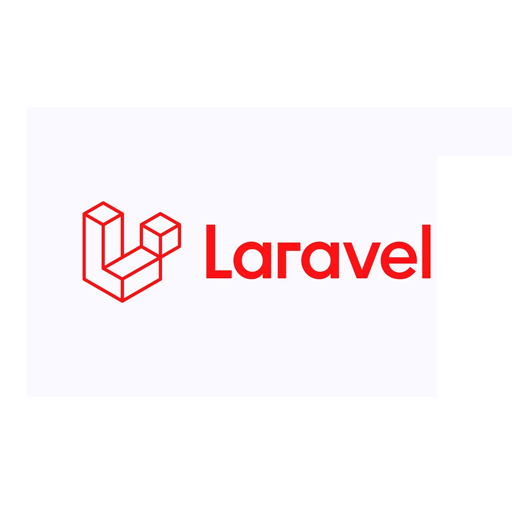
At Techcmantix, we craft powerful, secure, and easy-to-manage APIs that help your web and mobile applications connect effortlessly. As a leading Laravel API development company in Trichy, we use the flexibility and strength of the Laravel framework to build reliable backends that drive business growth.
Our team of expert Laravel developers leverages tools like Eloquent ORM, Passport, Sanctum, and Lighthouse to create APIs that are not only fast and scalable but also safe from common security threats. Whether you need APIs for authentication, data sharing, or app integration, we ensure smooth communication and flawless performance.
From startups to enterprises, we design custom Laravel API solutions that simplify complex processes, improve response times, and make your digital ecosystem stronger. We follow clean coding standards, robust testing, and efficient validation to deliver APIs that perform consistently under pressure.
With Laravel’s modern features and our technical expertise, we help businesses build the foundation for seamless, secure, and future-ready applications.
Choose Techcmantix — your trusted partner for Laravel API development that powers innovation with security and speed.


Laravel's concise syntax ensures clean, maintainable code, while its Artisan command-line interface accelerates development through automation.


Laravel prioritizes API security with hashed passwords, CSRF tokens, encryption, and middleware, safeguarding your data from threats and attacks.


Laravel enhances API performance with caching, queueing, broadcasting, and scheduling. It also supports multiple database connections and caching drivers for optimized data management.





Laravel streamlines API development with its intuitive routing system and expressive Eloquent ORM, making complex database interactions and endpoint setup straightforward and maintainable.
Laravel provides powerful tools like Artisan CLI, elegant syntax, and built-in features that reduce boilerplate code—accelerating development cycles, cutting costs, and speeding up time-to-market.
Laravel delivers robust security out of the box—protecting against SQL injection, XSS, and CSRF attacks. For API authentication, it offers packages like Passport (OAuth2) and Sanctum (simple token auth).
Yes! Laravel includes native rate limiting features, letting you easily set and enforce request limits—helpful for preventing misuse and maintaining stable API performance.
Absolutely. Laravel supports clean API versioning through flexible routing—allowing simultaneous support for v1, v2, and beyond, without breaking backward compatibility.
Laravel offers expressive validation syntax that lets you enforce field rules and craft error messages effortlessly—improving developer experience and ensuring consistent input checks.
Laravel integrates seamlessly with PHPUnit for Test-Driven Development (TDD), making it easy to write endpoint tests. It also supports automatic API documentation generation via tools like Swagger/OpenAPI.
Yes—Laravel supports powerful caching strategies (e.g., Redis, file-based) to cache database queries or responses, significantly boosting API performance and responsiveness.
Definitely. Laravel’s HTTP client makes it simple to consume third-party APIs (handling retries, timeouts, JSON parsing). Plus, it supports event broadcasting, queues, and task scheduling for seamless integrations.
Laravel solves a lot of pain points… Developer experience is unparalleled… Happy devs → better code and faster development. Another report found that APIs built with Laravel scored 62/100 on performance, design, and security—higher than average.